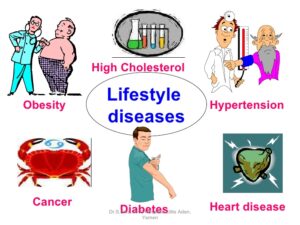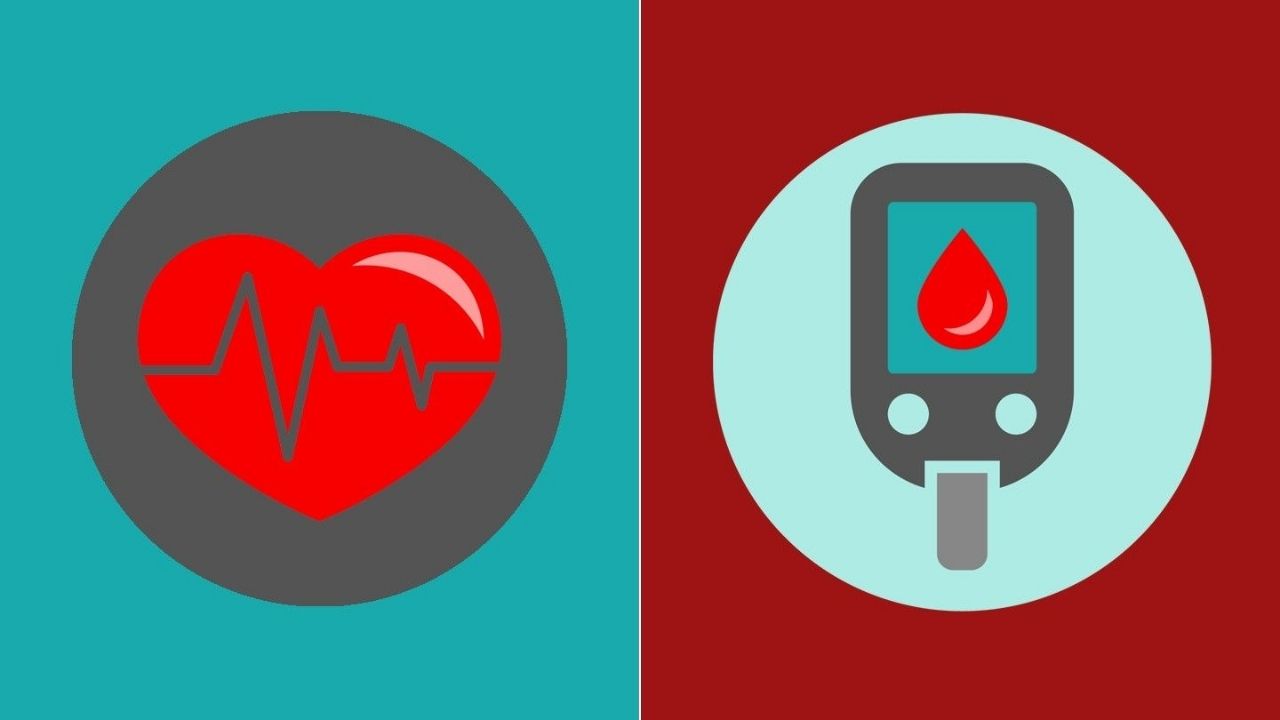Did you know that up to 80% of type 2 diabetics will develop hypertension?
It doesn’t end there though. Up to 60% of hypertensives will also develop type 2 diabetes. These are very significant statistics which show that there is obviously an undisputed relationship between hypertension and diabetes.
We already know that both of these disease conditions are classified as lifestyle diseases because even though there are genetic predispositions, when they start and how much damage they cause is dependent on the lifestyle choices an individual makes. What this means is that 2 persons from the same family could both be genetically predisposed to hypertension and/or diabetes, however, one develops the disease at 35 years and the other at 65. The difference is down to the fact that one was more conscious about exercise and healthier diet than the other.
Ongoing research has shown now that even though both hypertension and diabetes are lifestyle diseases, their relationship goes beyond lifestyle choices, which is why a person who develops one, will eventually develop the other.
That link is found in insulin resistance.
You have known insulin as the hormone that regulates your blood sugar; increasing after eating so that the absorbed sugar can be ‘pushed’ into the cells where they are needed rather than staying in blood. But this same insulin can increase blood pressure through several mechanisms, chief among which is by increasing sodium reabsorption by the kidneys. If you remember basic sciences, sodium is a solute, and where solute goes, water also follows. Therefore sodium retention will eventually lead to water retention which leads to increased blood pressure and hypertension.
On the other hand, hypertension can cause insulin resistance by altering the delivery of insulin and glucose to skeletal muscle cells, resulting in impaired glucose uptake.
Insulin Resistance is a condition where your cells don’t respond to insulin as efficiently as it ought to, forcing the pancreas to produce more insulin to overcome the resistance.
 So long as your pancreas is able to produce enough insulin to overcome the resistance, your blood sugar will remain within normal limits. As the high insulin levels become chronic the effects on your blood pressure becomes apparent.
So long as your pancreas is able to produce enough insulin to overcome the resistance, your blood sugar will remain within normal limits. As the high insulin levels become chronic the effects on your blood pressure becomes apparent.
As with hypertension and diabetes, there are genetic predispositions for developing insulin resistance. However, several other factors can cause or accelerate the development of insulin resistance.
1. Excess body fat.
Research has shown that this is the primary cause of insulin resistance, especially excess belly fat or fat around your organs. Fat cells produce hormones which contribute to chronic inflammation that eventually could contribute to the development of insulin resistance. It has been shown that persons who develop diabetes while overweight show significant improvement in sugar control when they lose weight. Waist measurement of 40 inches or more in men, and 35 inches or more in women is associated with development of insulin resistance.
2. Lack of physical activity.
Muscles are the biggest group of glucose users in your body. Physical activity leads to the development of more muscles. More muscles means more glucose users, which means less glucose available in blood which means less insulin required. Lack of physical activity leads to decrease in muscle mass and the opposite effect of physical activity. Physical inactivity also leads to obesity.
3. Processed sugars and saturated fat diet
A diet of highly processed sugars and saturated fats has been linked to insulin resistance. Such foods cause your blood sugar levels to spike quickly which causes your pancreas to produce significant volumes of insulin. Overtime this can lead to the development of insulin resistance. Of course, it goes without saying that a diet high in processed sugar could also result in obesity.
Insulin resistance could also be a symptom or a complication of other conditions such Cushing’s syndrome, Acromegaly and hypothyroidism. Some medications could also affect insulin sensitivity. However, by and large, lifestyle choices remain the biggest cause. It is therefore important that we make healthier choices as possible.
Your health is your most important asset.
References
- Salvetti A, Brogi G, Di Legge V, Bernini GP. The inter-relationship between insulin resistance and hypertension. Drugs. 1993;46 Suppl 2:149-59. doi: 10.2165/00003495-199300462-00024. PMID: 7512468.
- https://my.clevelandclinic.org/health/diseases/22206-insulin-resistance






